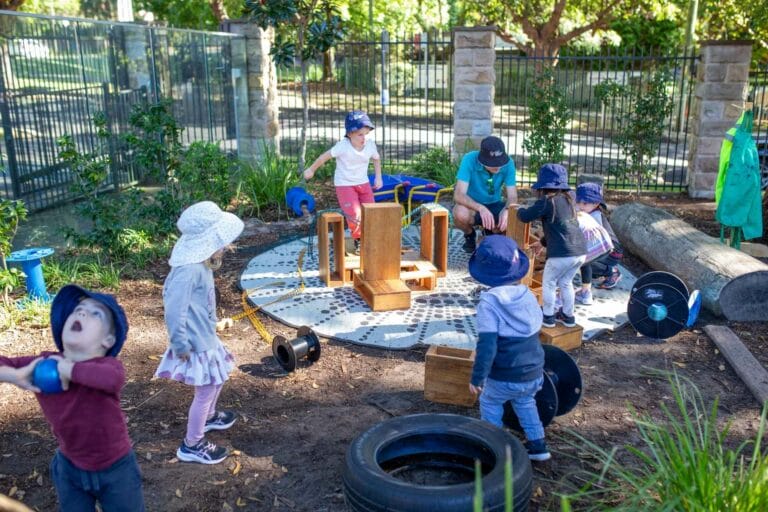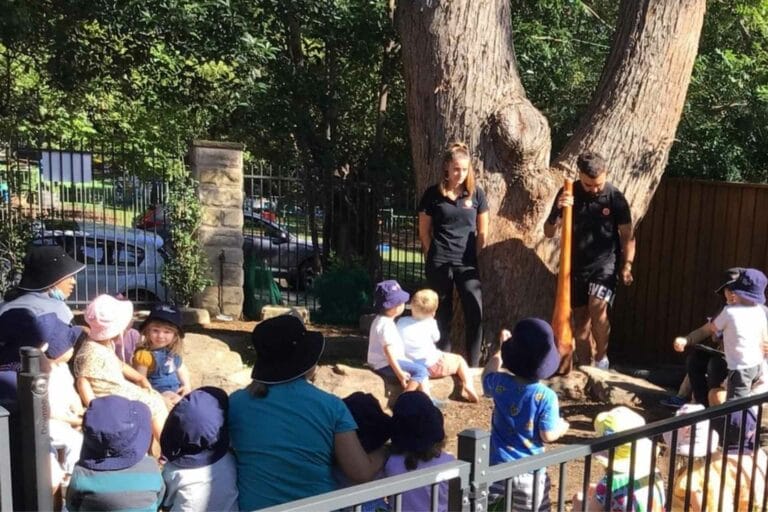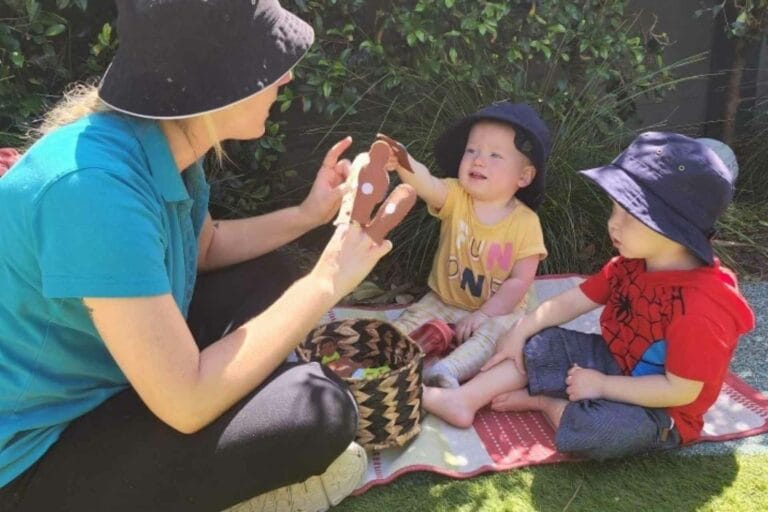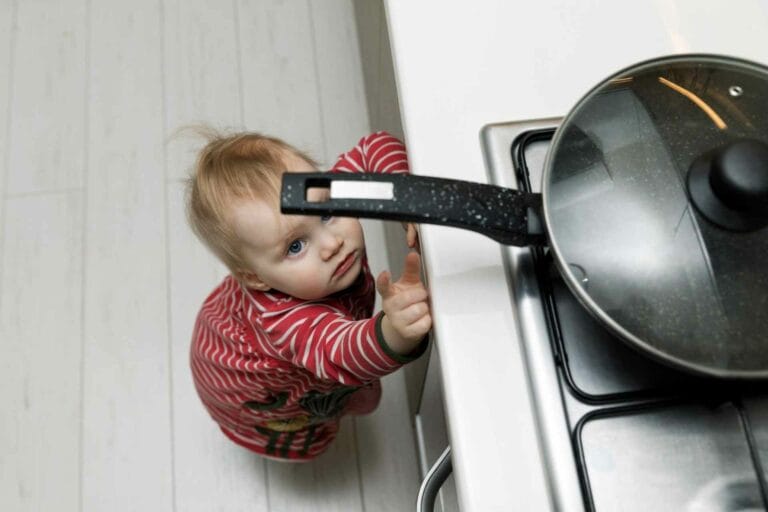7 ways to support your child’s communication development
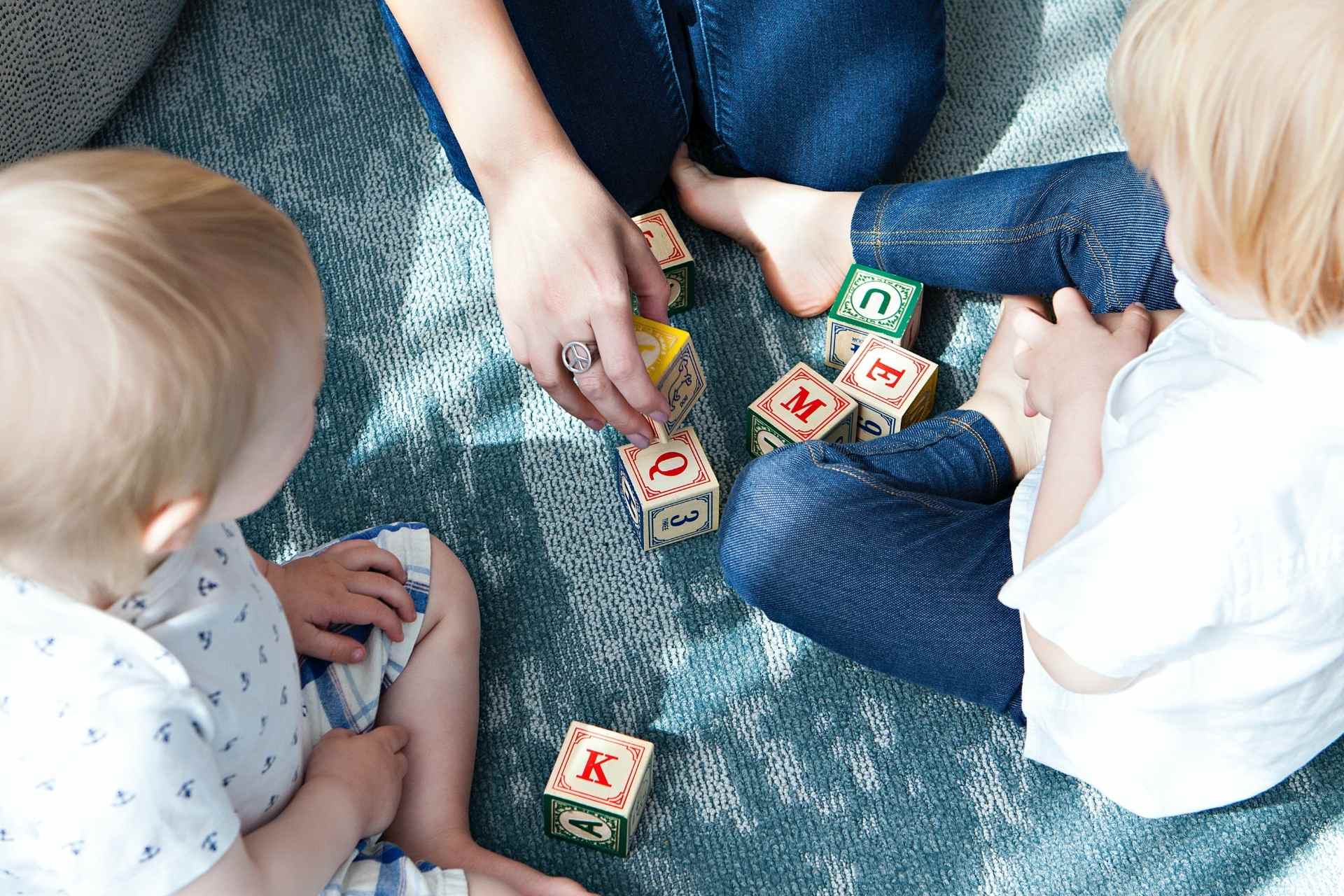
You might be asking yourself how can I best support my child communication development. Children learn to develop their communication wants and needs from infancy. Babies communicate with their parents through different cries, body movements and early sounds. Toddlers learn how to use words to communicate, and pre-schoolers communicate in phrases and sentences.
Communication skills are a fundamental part of being human. Supporting a child to learn to communicate and understand effectively sets them up for success in school and life. Naturally, parents will want to support this development with their children in the early years. So let’s take a look at how communication is developed and what the best criteria for success with literacy is communication.
Communication development can be broken down into key areas:
- Language use
- Understanding
- Social communication
- Speech production.
Providing a child with a language-rich environment is the best way for a child to develop good communication skills. Talking to your child and providing an opportunity for your child to respond allows your child to learn to communicate effectively.
Communication milestones are measures used to give guidance to parents and early childhood educators regarding how a child is progressing with the development of their language. When you have concerns about your child’s development it is important that you discuss your concerns with your child’s educator or GP. If necessary, arrange an assessment with a local speech pathologist. Early Intervention is the key to supporting a child’s development.
A guide to communication development milestones
12 Months Old
At 12 months of age children generally understand about 10 words, respond to their name and understand common greetings. Children generally babble, copy different sounds and may start using their first word.
18 Months Old
By 18 months of age children generally understand up to 50 words, follow simple instructions and use between 6-20 words. At 2 years of age children generally can follow simple 2-step instructions and use more than 50 words. They will begin to combine words into 2-word phrases.
3 years old
By 3 years of age, a child will follow more complex instructions, use 4-5 word phrases and use a variety of different word types (action words, describing words, names). Children will start recounting recent events and begin to ask questions.
4 years old
By 4 years of age, a child will demonstrate a more detailed understanding of the world
around them, will answer questions about routines and ask lots of questions. They will begin to
count, understand colours and use longer more grammatically correct phrases.
5 years old
By 5 years of age a child will follow 3 part complex instructions, understand concepts related to time (before/after) and begin to recognise sounds and letters. They will begin to tell stories and use past and future tense verbs. Most speech sounds will be produced correctly (except ‘r’, ‘th’) and they should be easily understood by everyone.
7 ways you can support your child at home
There are many ways that you can support your child’s language and communication development at home, within everyday routines. All of these strategies can be used from birth.
- Talk to your child from birth. Tell your child what is happening (changing nappy, heating up milk etc), what they can see and what they can hear.
- Use pausing and waiting to give your child time to have a ‘turn’ in a conversation.
- Read books every day with your child. This helps them build their vocabulary and pre-literacy skills.
- Respond to your child’s communication efforts. When your baby wants to be picked up, they will start by reaching up and making a sound. By responding to them you let them know they are understood and they will communicate again.
- Add language. When your child points at something they want, try and label it before you give it to them.
- Play with your child. Children learn through play.
- Communicate with your child in the language that you feel most confident in (Mandarin, Arabic, English …). By teaching your child a strong first language, they will have the skills to develop stronger English as they get older.
If you have any concerns regarding your child’s language and communication development, don’t
“wait and see”. Therefore, early intervention is critical when it comes to child development. So speak with your maternal child health nurse or GP if you have concerns.
References and further reading:
Speech Pathology Australia Website – Communication Milestones
NSW Health – Speech Pathology
www.raisingchildren.net.au
Speech Pathology Australia Website – Find a Speech Pathologist
Want to know more about our service? You can book a tour or send us a message or explore our amazing purpose build early educations centres.
/

Written By
Written by Emma Facey, Certified Practising Speech Pathologist at Next Sense.

